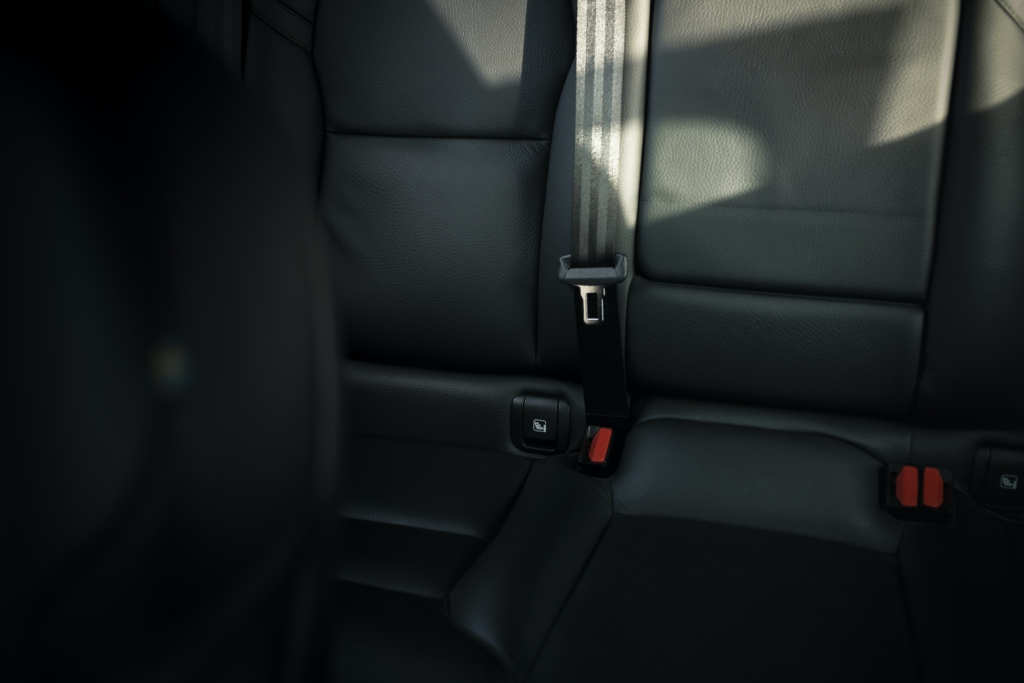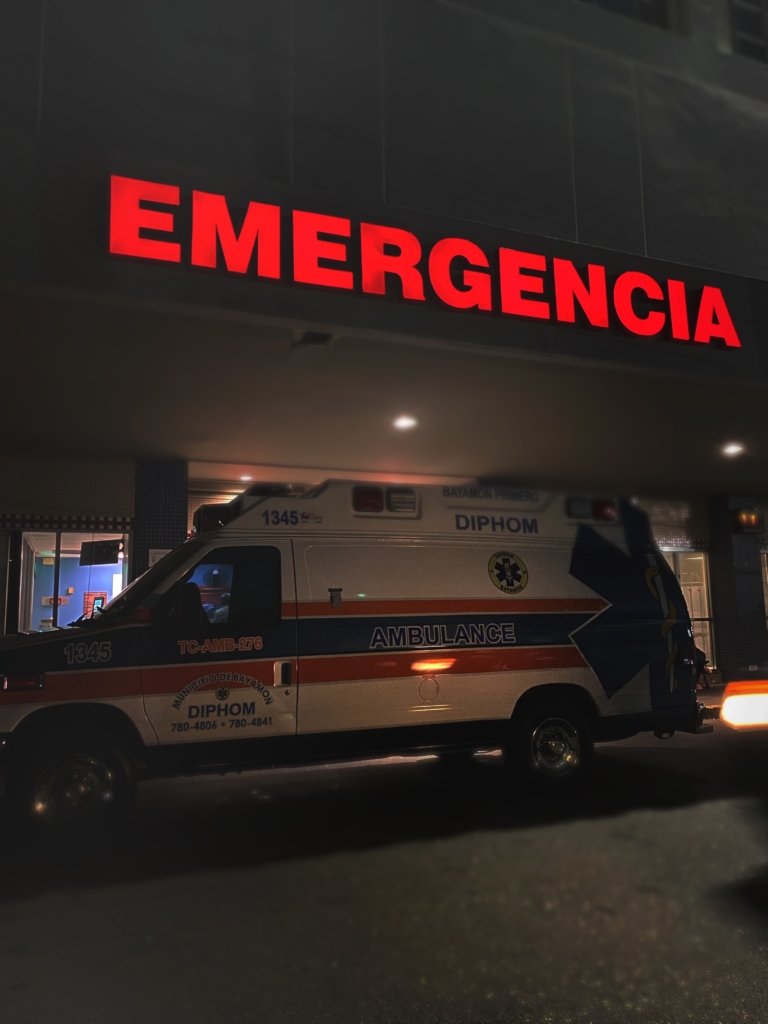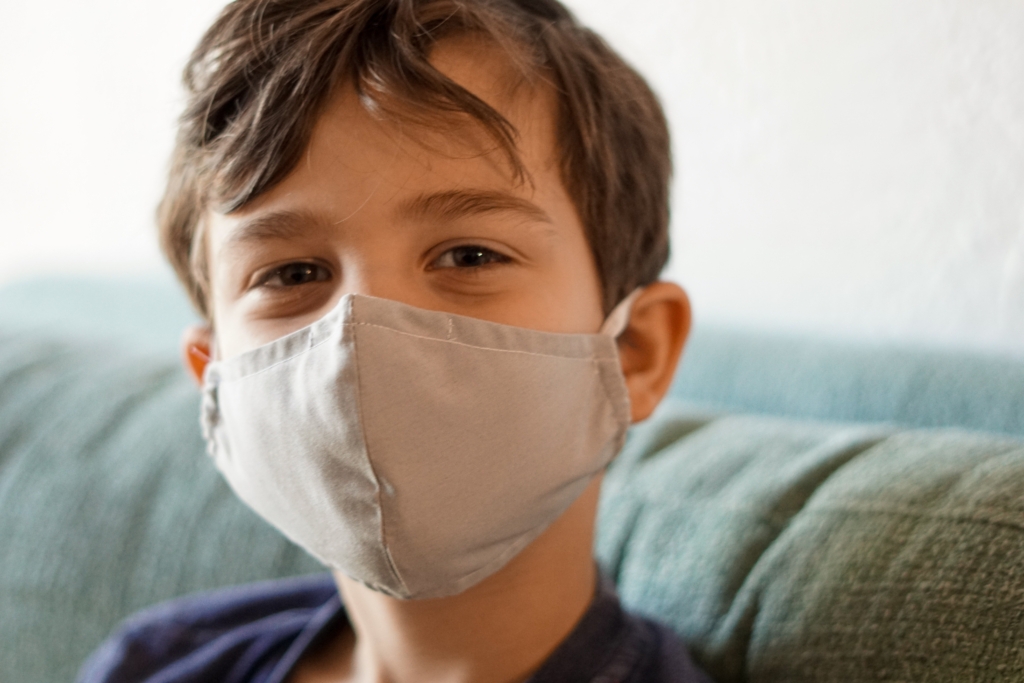So, let’s talk about how different cruise lines handle emergency situations. You may wonder, what happens if something goes wrong while you’re cruising the open seas? Well, each cruise line has its own protocols and procedures in place to ensure passenger safety and handle any emergencies that may arise.
For example, some cruise lines have comprehensive emergency response plans that cover a wide range of potential scenarios. They conduct regular drills and training sessions for crew members to be prepared for various situations. These lines also have designated emergency response teams who are trained to handle emergencies promptly and efficiently.
On the other hand, some cruise lines may have a more relaxed approach in emergencies, focusing more on prevention rather than emergency response. They may emphasize safety drills and education for passengers to avoid emergencies altogether. However, they still have protocols in place to address any unexpected incidents that may occur.
Ultimately, it’s important to research and consider the emergency response capabilities of different cruise lines before choosing your voyage. Remember, you want to feel confident that you’ll be well taken care of in case of an emergency, ensuring a safe and enjoyable cruise experience.
How Do Different Cruise Lines Handle Emergency Situations?
When it comes to planning a vacation on a cruise ship, one factor that many people often overlook is how the cruise line handles emergency situations. While emergency situations may be rare, it is important to know that the cruise line you choose prioritizes the safety and well-being of its passengers and crew members. In this article, we will explore the various aspects of emergency preparedness and response that different cruise lines have in place.
Cruise Line Emergency Preparedness
Before embarking on a cruise, it is essential for cruise lines to have comprehensive emergency preparedness plans in place. These plans should account for a wide range of potential emergencies, including but not limited to fires, severe weather events, medical emergencies, and even acts of terrorism. Cruise lines must have a clear understanding of the potential risks they face and have strategies in place to mitigate these risks.
Emergency Training for Crew Members
One of the most critical aspects of emergency preparedness is ensuring that all crew members are adequately trained to handle emergency situations. Cruise lines invest significant time and resources in training their crew members in various emergency response procedures. This training includes everything from understanding emergency evacuation protocols to operating emergency equipment. By equipping their crew members with the necessary skills and knowledge, cruise lines can ensure a prompt and efficient response during emergencies.

Emergency Communication Systems
In emergency situations, effective communication is vital to ensure a coordinated response. Cruise lines have sophisticated communication systems in place to quickly disseminate information and instructions to passengers and crew members. This may include public address systems, emergency alarm systems, and even mobile apps that can provide real-time updates and instructions. By using these communication systems effectively, cruise lines can keep everyone informed and ensure a smooth response to emergencies.
Emergency Response Procedures
Each cruise line has specific emergency response procedures that dictate the actions to be taken during different types of emergencies. For example, in the event of a fire, crew members are trained to quickly assess the situation, initiate emergency firefighting measures, and escort passengers to designated muster stations. In the case of severe weather events, cruise lines will closely monitor weather patterns and make decisions regarding route alterations or port cancellations to ensure the safety of passengers and crew members.

Evacuation Processes
In extreme cases where evacuation is necessary, cruise lines have well-established protocols in place. These protocols outline the steps to be taken to safely evacuate passengers and crew members from the ship. Cruise lines have designated muster stations where passengers are instructed to assemble in the event of an evacuation. From there, crew members guide passengers to lifeboats or evacuation areas, ensuring a systematic and organized evacuation process.
Medical Emergencies Onboard
Medical emergencies can occur at any time during a cruise, and cruise lines are well-prepared to handle these situations. Most cruise ships have medical centers staffed by qualified medical professionals who are available 24/7. These medical centers are equipped to deal with a wide range of medical emergencies and can provide initial treatment and stabilization until more advanced medical care can be accessed onshore if necessary. Cruise lines also have agreements in place with nearby hospitals and medical facilities to ensure timely and appropriate medical care when needed.

Coordination with Authorities
During emergency situations that occur while at sea, cruise lines work closely with local authorities and agencies to coordinate the response and ensure the safety of passengers and crew members. This may involve communicating with coast guard units or other maritime authorities to provide updates on the situation and seek assistance if required. Cruise lines have established protocols for cooperation and collaboration with these authorities to facilitate a swift and effective response to emergencies.
Customer Support and Assistance
In addition to prioritizing the safety and well-being of passengers during emergencies, cruise lines also place a strong emphasis on providing support and assistance to those affected. This includes offering counseling services, arranging alternative travel arrangements, and providing any necessary support to passengers who may have experienced trauma or stress as a result of an emergency situation. Cruise lines understand the importance of addressing the emotional and psychological needs of their passengers during challenging times.

Post-Emergency Procedures
Once an emergency situation has been resolved, cruise lines conduct thorough investigations to identify the causes and implement any necessary corrective actions. This allows them to learn from the experience and continuously improve their emergency preparedness and response procedures. Cruise lines also prioritize clear communication with passengers, providing them with updates and information regarding the incident and any subsequent changes in safety measures.
Response to Previous Emergency Situations
Cruise lines understand the importance of learning from past emergency situations and implementing changes based on those experiences. They actively review and update their emergency response procedures to incorporate lessons learned from previous incidents. By continually improving and refining their emergency preparedness measures, cruise lines strive to provide a safer and more secure environment for their passengers and crew members.
In conclusion, different cruise lines have comprehensive plans and procedures in place to handle emergency situations. From emergency training for crew members to well-established evacuation processes, these cruise lines prioritize the safety and well-being of their passengers and crew members. By continuously reviewing and improving their emergency preparedness measures, cruise lines aim to ensure that passengers can enjoy their cruise experience with confidence, knowing that they are in capable hands even in the unlikely event of an emergency.

